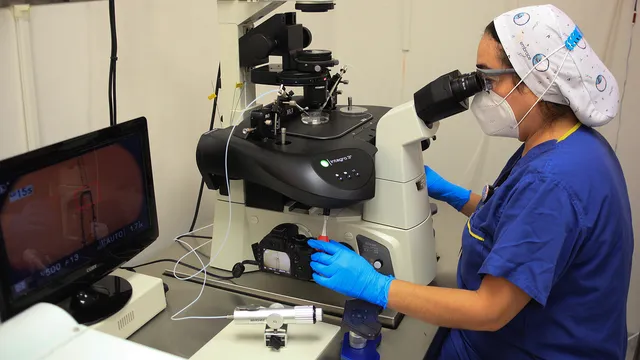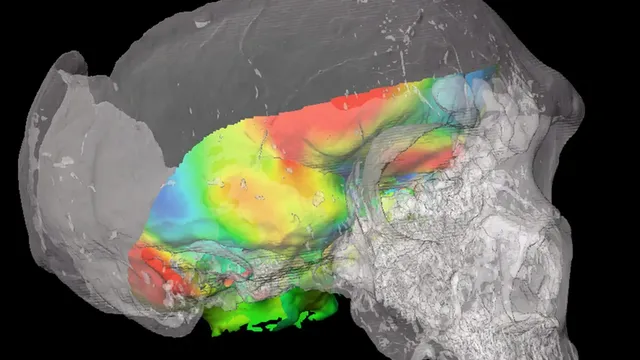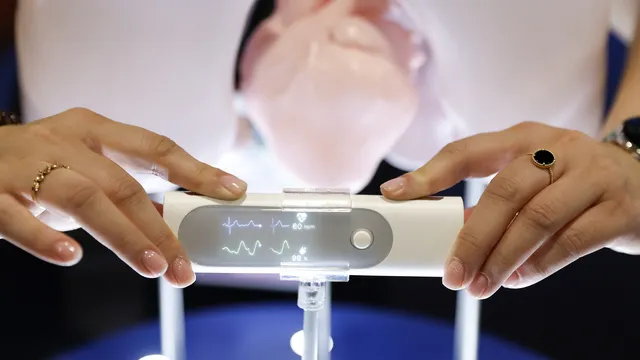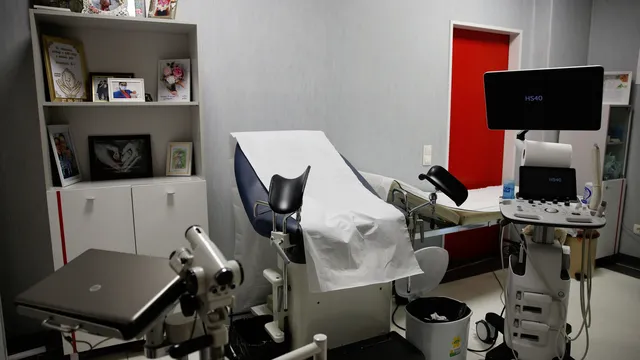A new study has found that dogs can detect Parkinson's disease by sniffing skin swabs from people suffering from the condition.
This exciting research was conducted by scientists at the universities of Bristol and Manchester, in collaboration with the charity Medical Detection Dogs. The results were published on July 15 in The Journal of Parkinson's Disease.
Parkinson's disease is a condition that affects the brain and causes movement problems such as tremors or stiffness. It can be difficult to diagnose in its early stages, so it is very important to find new ways to detect it earlier.
In this study, two specially trained dogs—a golden retriever named Bumper and a black Labrador named Pineapple—were taught to recognize a unique odor found in the skin oil (sebum) of people with Parkinson's disease.
Over several weeks, the dogs learned to distinguish skin samples from people with Parkinson's from those of healthy people. A double-blind test method was used for the trials—neither the trainers nor the researchers knew which samples were from patients. Only a computer had access to the correct answers.
The dogs showed very impressive results: one had a sensitivity of 80% (meaning it correctly identified 80% of the Parkinson's samples) and a specificity of 98% (meaning it correctly ignored 98% of the non-Parkinson's samples). Even samples from people with other health problems did not confuse the dogs.
During the test, each series of samples was shown to the dogs in a different order. If the dogs did not make a clear choice, their samples were presented again. This careful method helped to ensure the accuracy of the results.
Currently, there is no simple or early test for Parkinson's disease. Symptoms can begin up to 20 years before a diagnosis is made. That is why researchers are looking for biomarkers — signals in the body that can indicate that a person has or may develop the disease.
Claire Guest, chief executive and scientific director of Medical Detection Dogs, said this study shows once again that dogs can detect diseases with great accuracy. She believes that early diagnosis can help doctors start treatment earlier, which can slow the disease and reduce its symptoms.
Nikola Rooney, lead author of the study and researcher at the University of Bristol, explained that it is very important to find new ways to detect Parkinson's disease early. She said that dogs have shown that there is a unique smell associated with Parkinson's disease and that this could lead to a simple, non-invasive, and affordable way to diagnose the disease.
Perdyta Baran, a chemistry professor at the University of Manchester, added that this study is part of a larger program called Nose2Diagnose, inspired by a woman named Joy Milne, who noticed a change in her husband's smell before he was diagnosed with Parkinson's.
Barran pointed out that the findings add to growing evidence that skin samples can be used for early diagnosis of the disease, which would be a major step forward.
This study highlights the incredible power of dogs' noses and how one day they may help doctors diagnose Parkinson's disease more quickly and easily. | BGNES

 Breaking news
Breaking news
 Europe
Europe
 Bulgaria
Bulgaria







